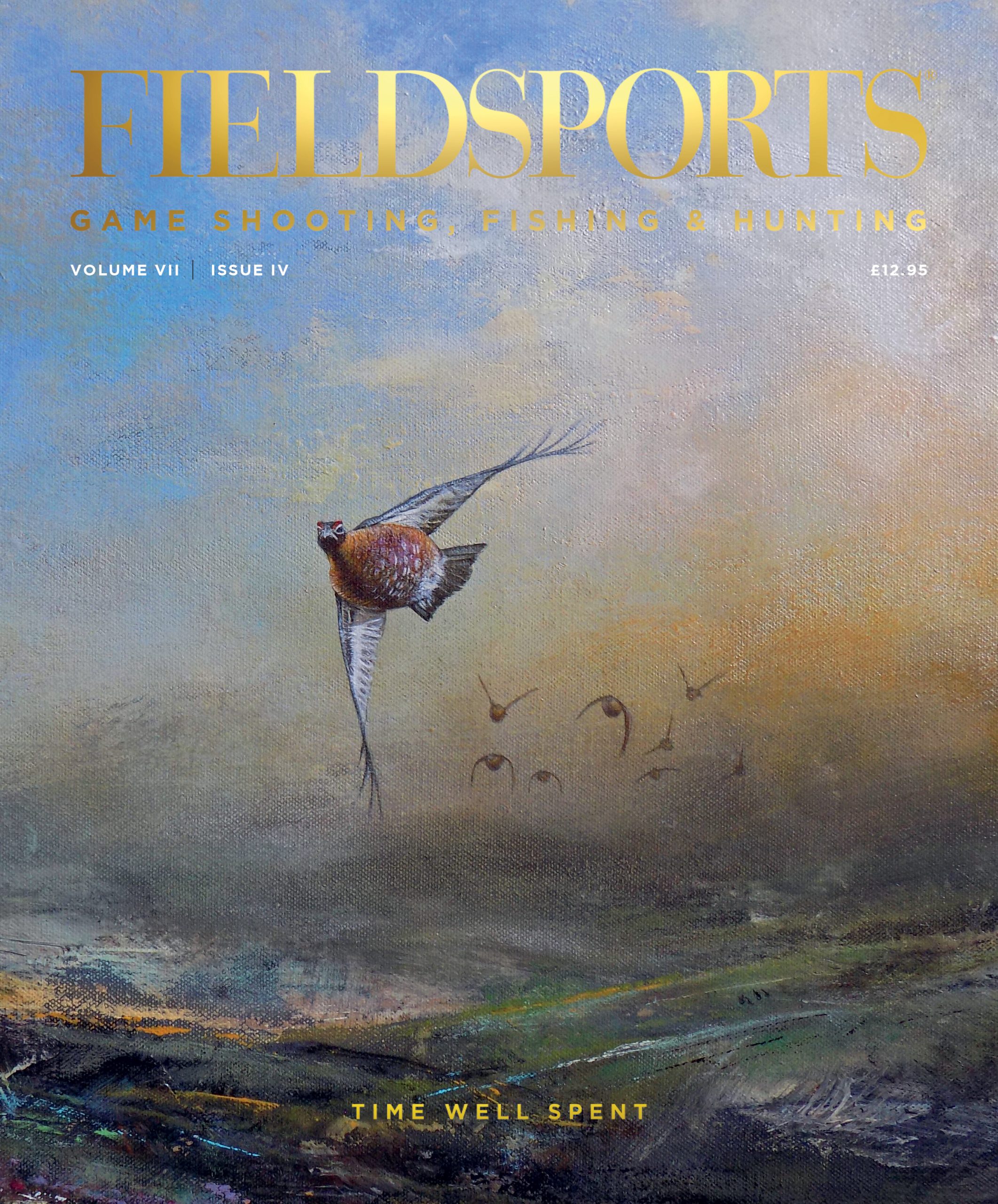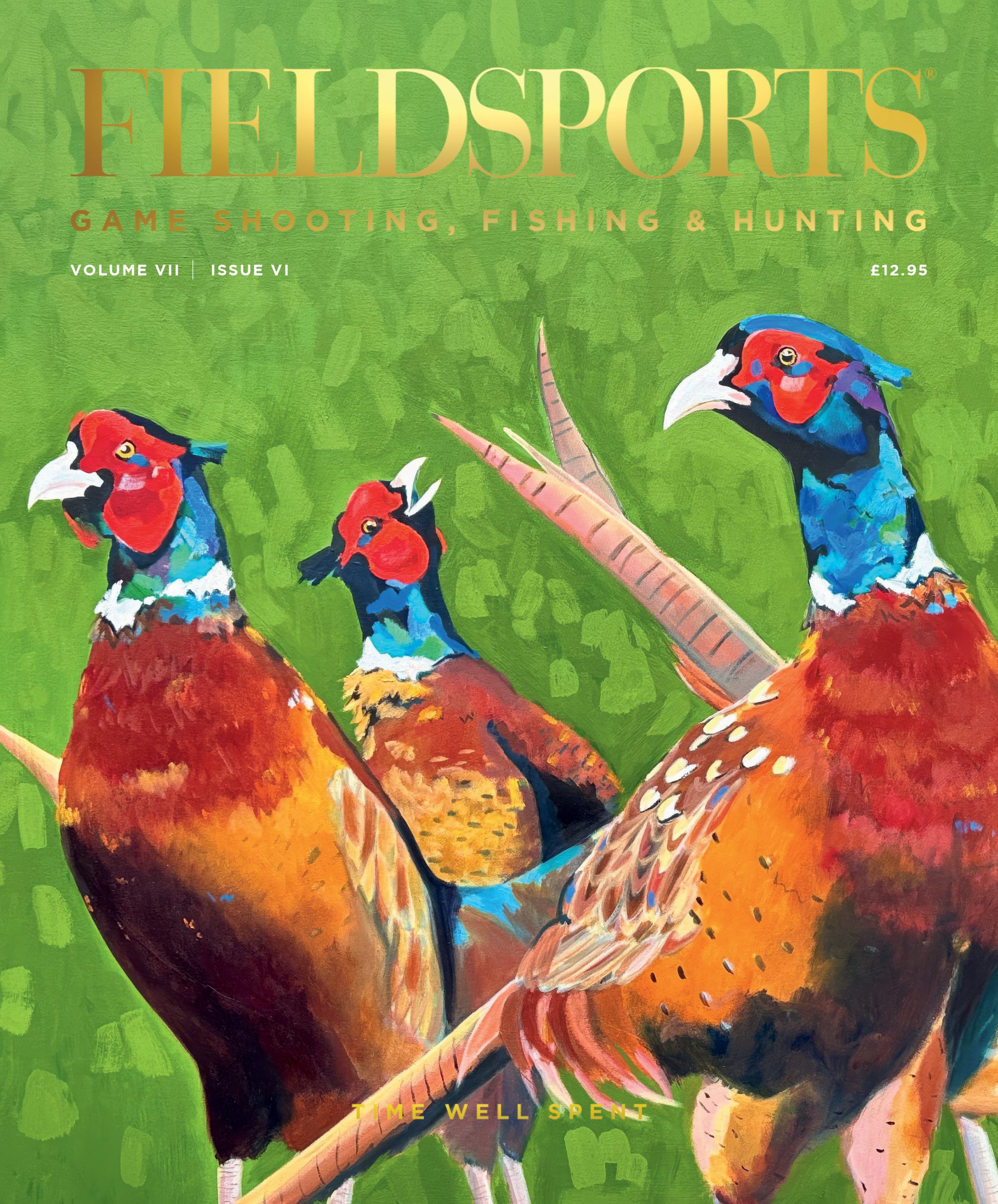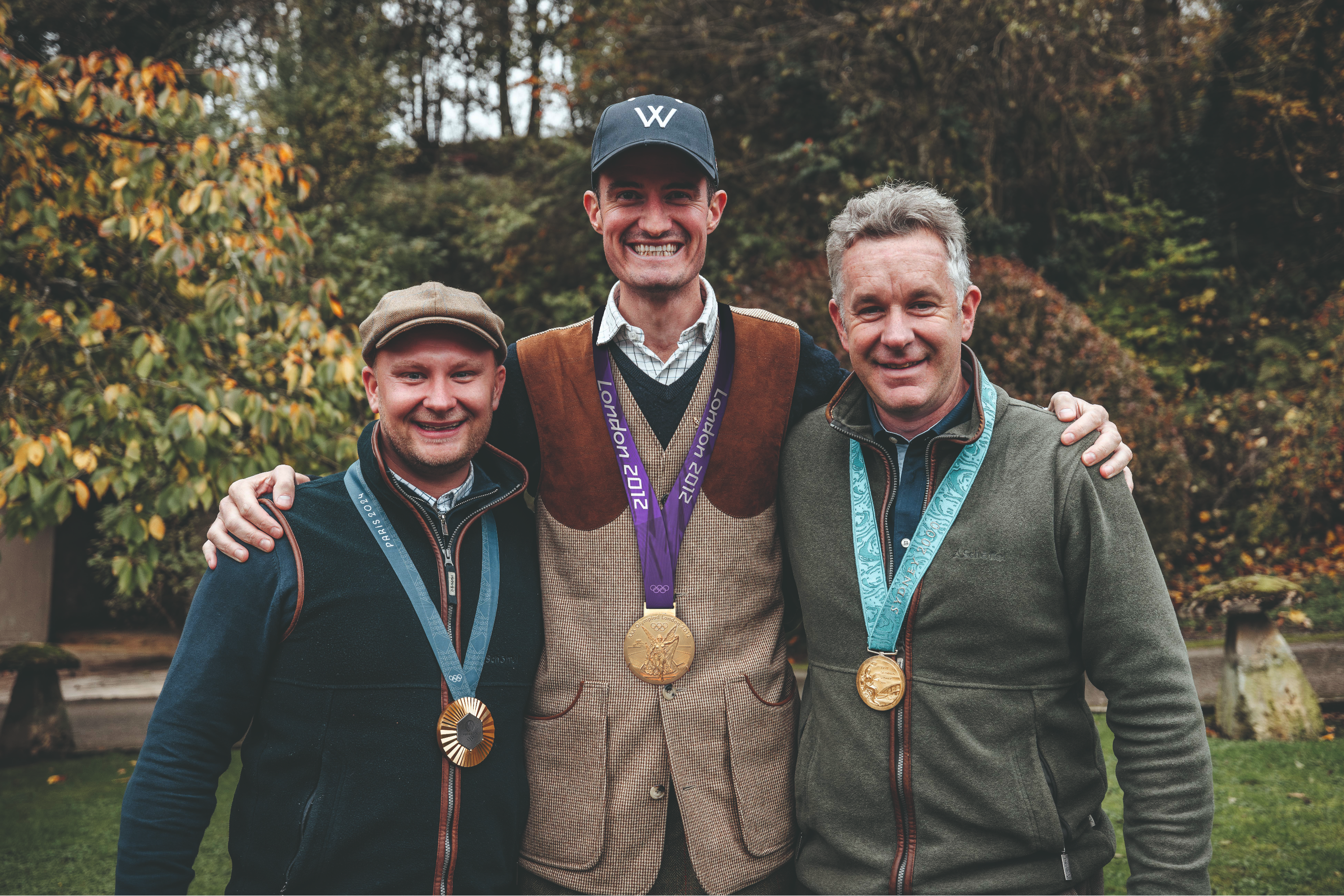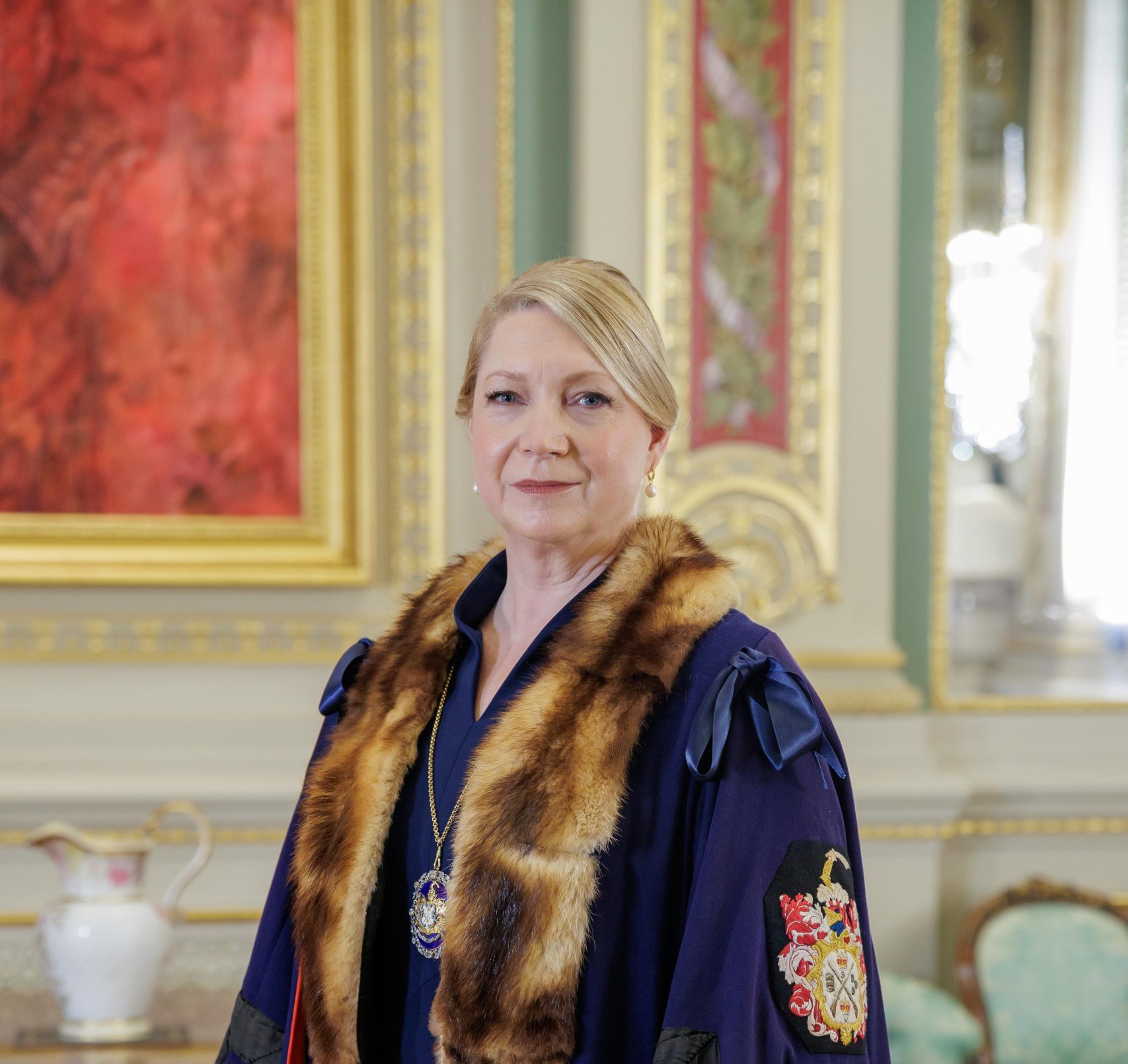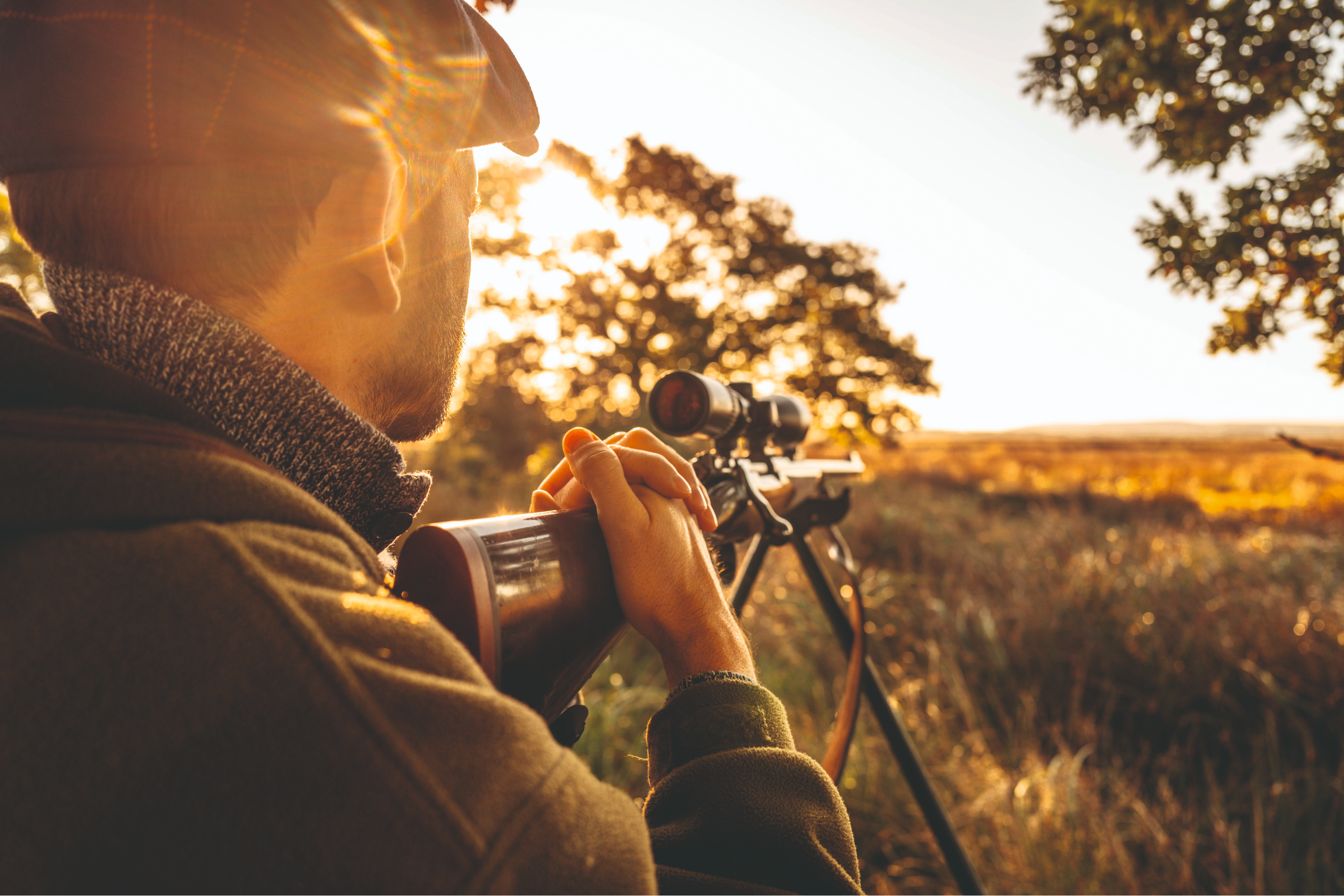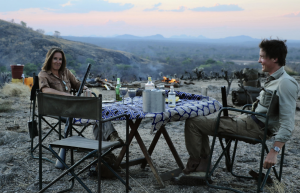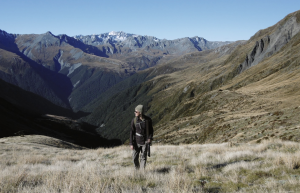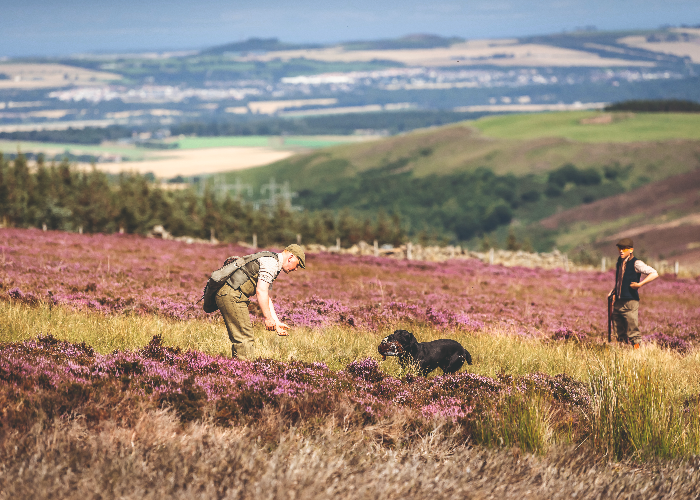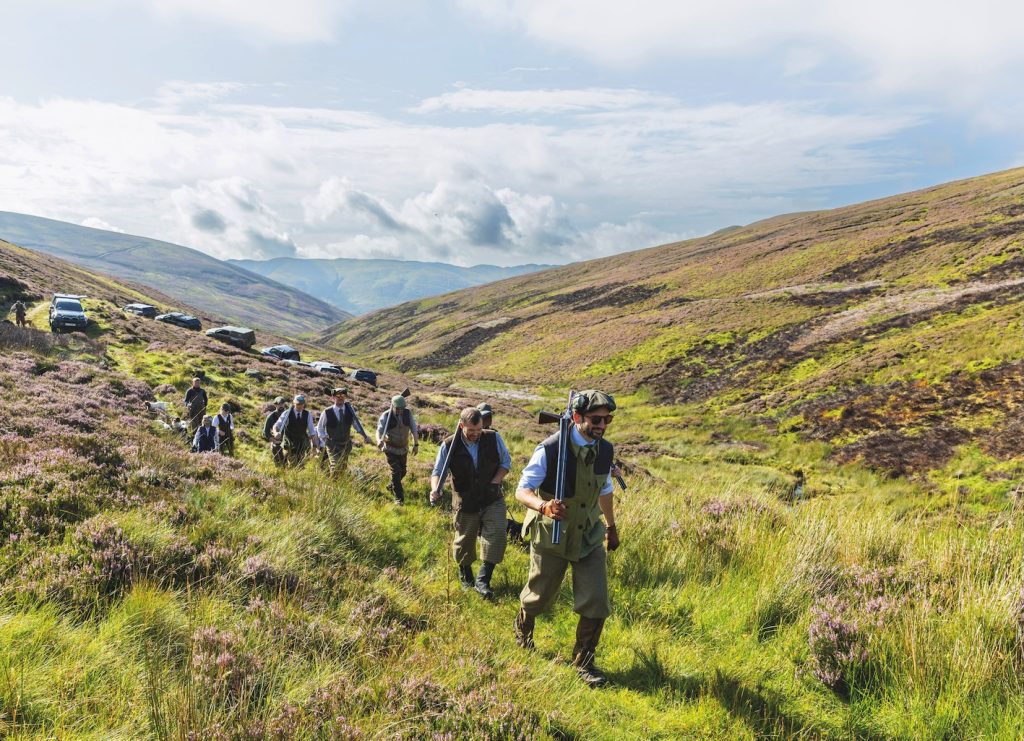- News
- Game shooting
- Fly fishing
- Big game
- Sporting art
- Guest editors
- Gear
- Competitions
- More
-
-
More
-
- No posts selected.
-
-
-
-
★ Win a Schöffel Country shooting coat for everyone in your syndicate worth up to £6,000! Enter here ★
A billet-doux to hunting
Katie Percy reflects on the reasons – and they are many – she loves to big game hunting in the world’s most wild places
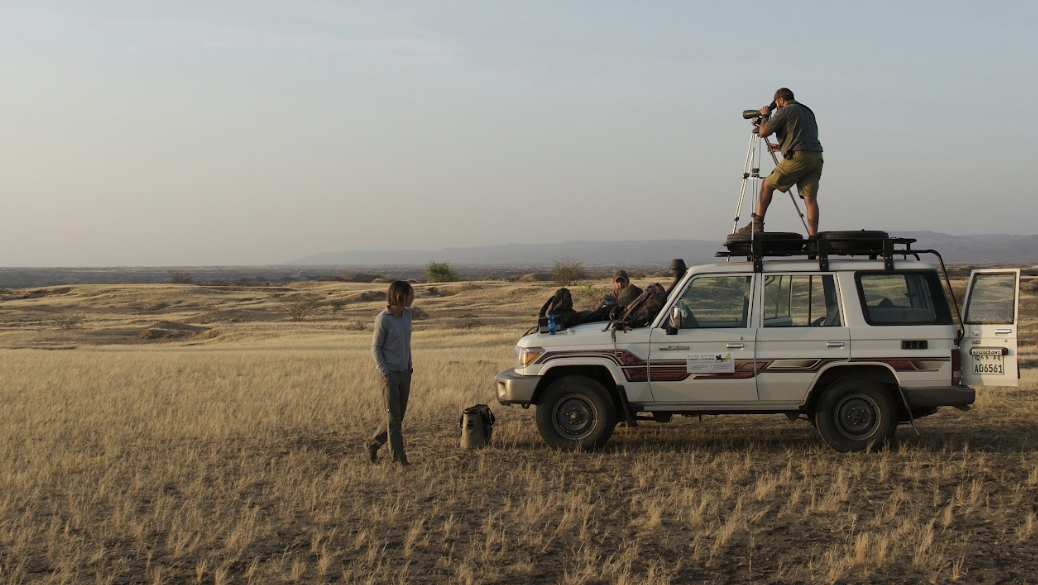
Ethical big game hunting, to me, is the purest way to spend time. It’s not about killing or collecting trophies. Like many hunters, I hate seeing an animal die. A two-week hunt without firing a shot still leaves me feeling fulfilled. Not having to pay a trophy fee is a bonus on such trips.
I’ve walked for ten hours non-stop only to find the buffalo we were tracking was too young to shoot. It didn’t matter. Those were wonderful days—lying flat under a bush, just eight feet from a magnificent bull, watching it live its life in the fading light.
The magic of hardship
My passion for big game hunting has taken me to the wildest places on Earth—from the Congo to Kamchatka. These expeditions are rarely comfortable. They involve tents, weeks of walking, pain, exhaustion, thirst, biting insects, and plenty of unexpected hazards.
Engine failure mid-air, minus 30°C long-drop toilets, armed robbery—I’ve faced it all. I’ve had more machetes and Kalashnikovs waved at me than most Northumbrian women on holiday. Yet I wouldn’t trade these memories for anything. The risks are a small price to pay for what is gained.
Conservation and contribution
Big game hunting is satisfying because it involves challenge, bushcraft, and sleep that only exhaustion can deliver—but also because it supports conservation. Hunting funds protect vast ecosystems, employ local people, and provide food and security to rural communities.
When a large animal is taken, its meat often feeds entire villages—people who would otherwise have little access to protein. These are communities that live alongside wildlife daily and suffer the consequences of crop-raiding or attacks from elephants, buffalo and lions.
Giving an old bull a swift end—rather than letting it starve or be eaten alive—feels merciful. Many female hunters share this mindset. From Scandinavia to New Zealand, women increasingly hunt not for trophies but for ethical reasons: healthy meat, self-reliance, and ecological impact.
Heightened senses, total immersion
Something transformative happens in the wilderness. Troubles fade and the outside world no longer matters. Hunting heightens the senses in a way that hiking or photography simply can’t. Smells become vivid: the musk of a rutting eland, the sharpness of a leopard’s scent marking. Sounds become warnings. Every detail—tracks, dung, broken twigs—becomes a clue.
It teaches patience and instinct. You trust your gut in a place where everything is hunting or being hunted—including you. It feels natural and deeply right. Leaving it is always a heartbreak.
You learn far more about an animal by hunting it than by photographing it. You must think like it. You notice behaviours that don’t appear in books. A respected African conservationist once told me: “I’m not a hunter, but I believe hunting gives people the deepest wildlife experiences possible.”
Hunting also deepens your understanding of the landscape and its people. Locals who live in or near the hunting blocks—people not catering to tourists—offer insight into culture, conservation and reality. Spending time with them is part of the magic. Their tracking skills continue to amaze me.
Legacy, pride, and perspective
I carry an old family rifle—a .500-.465 Purdey once used by my great-uncle, who died in WWII. Walking with it in the wild 90 years later connects me to something timeless. I love seeing it next to my PH’s .470, imagining the rifles exchanging tales just as we do around the campfire.
That campfire time is sacred: debriefing with friends, listening to old bush hands, and feeling genuine admiration for their grit and skill. It’s not just me—my (very male) hunting partner JC appreciates it just as much. These kinds of people seem rare outside the wild now.
And then there are the Land Cruisers. The 70-series is the world’s coolest off-road truck—rugged, reliable and used in nearly every hunting concession. JC and I grin like children every time we see one. Along with buffalo, dogs, and double rifles, they dominate our conversations.
Hunters have two core responsibilities beyond safety: shoot straight—whatever practice that takes—and ensure our money goes to communities and conservation where it matters most.
The jungle awaits
Soon I’ll be back in the rainforest. After a gritty night in a West African city and a rough flight over unbroken jungle, I won’t see the sky for two weeks. I’ll be soaked in sweat, bitten, battered, possibly ill. And I can’t wait.
I’ll live among the Baka, who’ve called this forest home for 10,000 years. I may see forest elephants, bongos, giant hogs, or yellow-backed duikers. I’ll be with JC and my beloved Purdey. Whether or not I take a shot, I know it’ll be unforgettable.
This experience—hard, raw, elemental—reconnects me with what matters. And better still, I’ll leave knowing I’ve contributed to protecting a thriving hunting concession, where wildlife flourishes in contrast to the poached-out national park next door.
A photo I saw recently said it all: 20,000 snares pulled from one concession in a single season, thanks to hunting-funded anti-poaching teams. Without us, those wild animals wouldn’t be there.
Read more Big Game hunting stories here.
Related Articles
Get the latest news delivered direct to your door
Subscribe to Fieldsports Journal
Elevate your experience in the field with a subscription to Fieldsports Journal, the premium publication for passionate country sports enthusiasts. This bi-monthly journal delivers unparalleled coverage of game shooting, fishing and big game across the UK and beyond.
Each issue offers a stunning collection of in-depth features, expert opinions and world-class photography, all presented in a timeless yet contemporary design.
Save 10% on shop price when you subscribe, with a choice of packages that work for you. Choose from Print & Digital or Digital only with each journal delivered directly to your door or via the app every other month, plus access to past issues with the digital back issue library.
